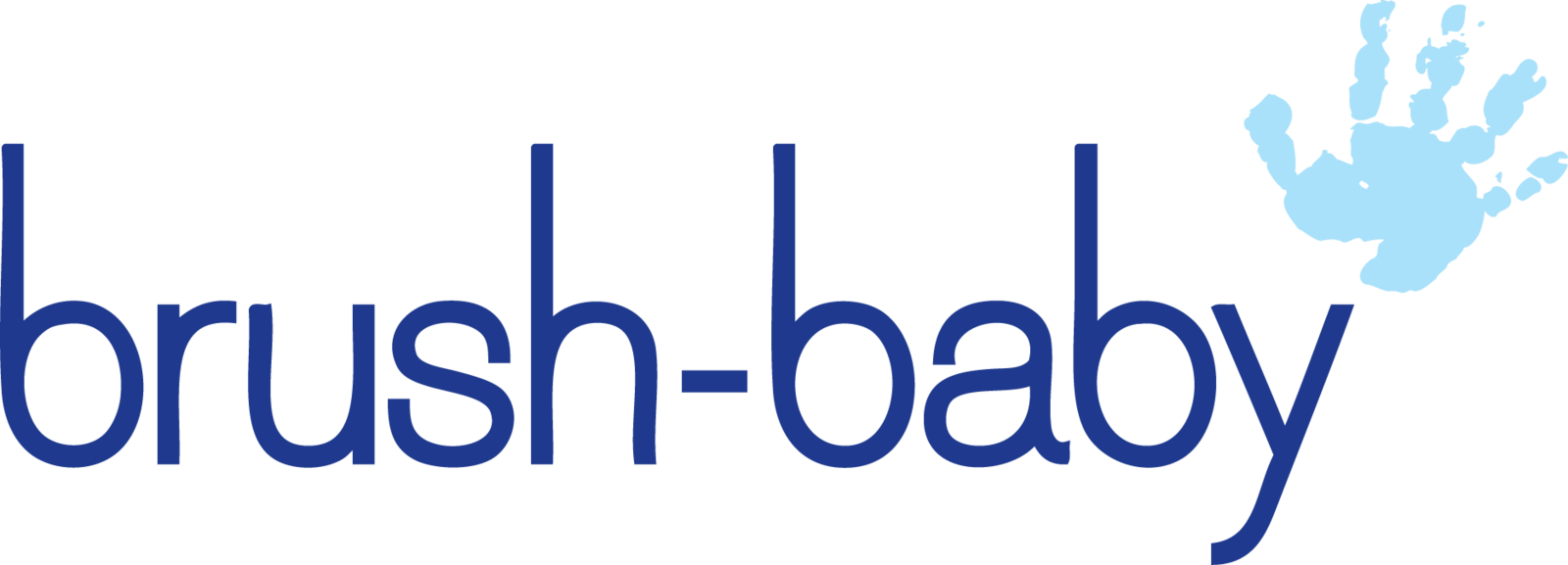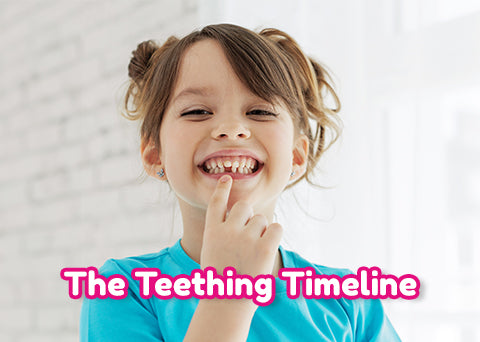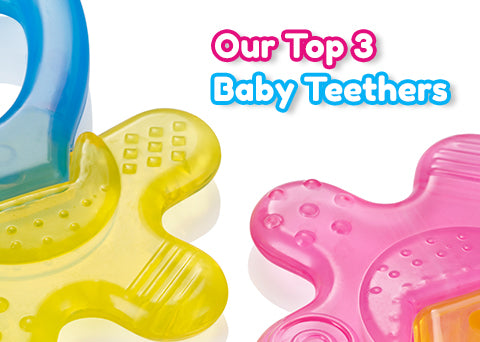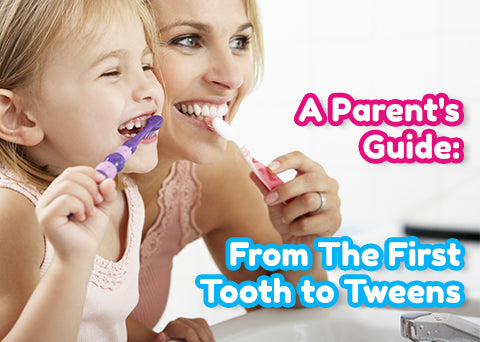Celebrate National Smile Month With Brush Baby Toothbrushes

19th May - 19th June
Did you know this is the UK's largest oral health campaign aimed at improving dental health and awareness in the UK?
With currently 40% of under 5's in the UK having tooth decay, Brush-Baby is backing National Smile month and its 3 key messages to address this worrying statistic - we campaign specifically for improved dental health for babies, toddlers and children.......
1. Brush milk teeth for 2 minutes twice a day using a fluoride toothpaste for toddlers
We believe care of gums and teeth starts at home, before mother and child ever go to see the dentist, so what should you do when they cannot brush their teeth yet and/or have no teeth?
Our brush baby dental wipes and gum wipes for babies are a great place to start your child’s dental care routine. Not only does it clean the bacteria from their mouths, but it will also help later down the line when you introduce their first baby toothbrush and toothpaste for babies.
Brush-Baby has an our easy to follow 3-step routine to help get children off to a great start, and products to help you too...
2. Cut down on sugary food and drinks
Brush-Baby agrees with your dentist and the British Dental Health Foundation that sugar is one of the main culprits in causing tooth decay. If you have to give your child sugary and/or fizzy drinks, restrict to mealtimes and only give water in between meals. Babies and toddlers can be encouraged to enjoy savoury tastes, so try health alternatives such as raw vegetables or cheese. Also remember to leave at least 20 minutes between eating and brushing teeth to help protect enamel erosion
3. Visit the dentist regularly
Brush-Baby endorse the BDHF’s guidelines that Children should be seen by a dentist for the first time between 12-18 months if not before. Thereafter, you can take them as often as your dentist recommends (usually between every 3-12 months).
During these visits your dentist will check your child's mouth and teeth and will diagnose any problems which may exist. Getting your child used to going to the dentist regularly will help them to feel relaxed and prepare them for future visits. Take your child to the dentist as early and as often as possible for example, when you have a check-up. This will help them to get used to the sights, smells and sounds of the dental practice and to feel more comfortable about going to the dentist.
Try not to take your child just when there is a problem, a bad experience could make them frightened of going to the dentist in future.
If you follow these 3 simple rules, you’ll be getting your children off to a great start so they have the smiles they deserve.
